APEC Workshop on Innovative Marine Debris Solutions was successfully held at Peking University Overseas Exchange Center On July 26, 2018. The organizers are Peking University Institute of Ocean Research and APEC Marine Sustainable Development Center of Third Institute of Oceanography, State Oceanic Administration.
Scholars and officials from the Marine debris management departments of APEC economies including China, the United States, Indonesia, Russia, Chile, Thailand, Peru, Malaysia and Vietnam, as well as more than 100 representatives from world-renowned enterprises and non-governmental organizations such as the World Bank and National Geographic, attended the meeting.
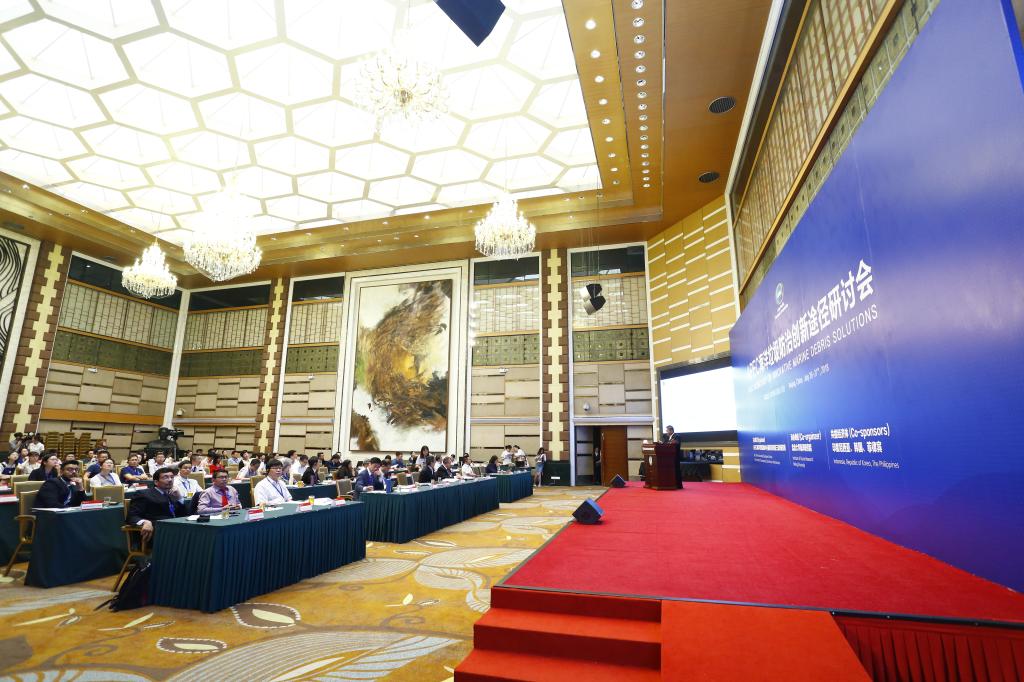
The scene of APEC Workshop on Innovative Marine Debris Solutions
The workshop focused on innovative marine debris solutions and included three sessions: Innovative Initiatives of APEC Economies on Marine Debris Prevention; New Research Advances on Marine Debris and Micro-plastics; Innovative Thoughts or Ideas of Enterprises on Marine Debris Prevention. The meeting deeply discussed the experience of marine waste management in the APEC region, and demonstrated the latest developments and technologies of APEC member economies in marine debris prevention and control. It aims to provide innovative ideas and wisdom for reducing marine debris collection technologies and solutions. Wang Qian, inspector of International Cooperation Division, Ministry of Natural Resources of the People's Republic of China, Safri Burhanuddin, Deputy Minister for Human Resources, Science and Technology, and Maritime Culture, Coordinating Ministry for Maritime Affairs, Indonesia, and more than 20 other guests brought wonderful speeches and reports. Liu Zhenghua, deputy director of the executive department of APEC Marine Sustainable Development Center, Wang Lei, vice dean of Peking University Institute of Ocean Research, Anjali Acharya, senior environmental expert of the World Bank served as the host successively.
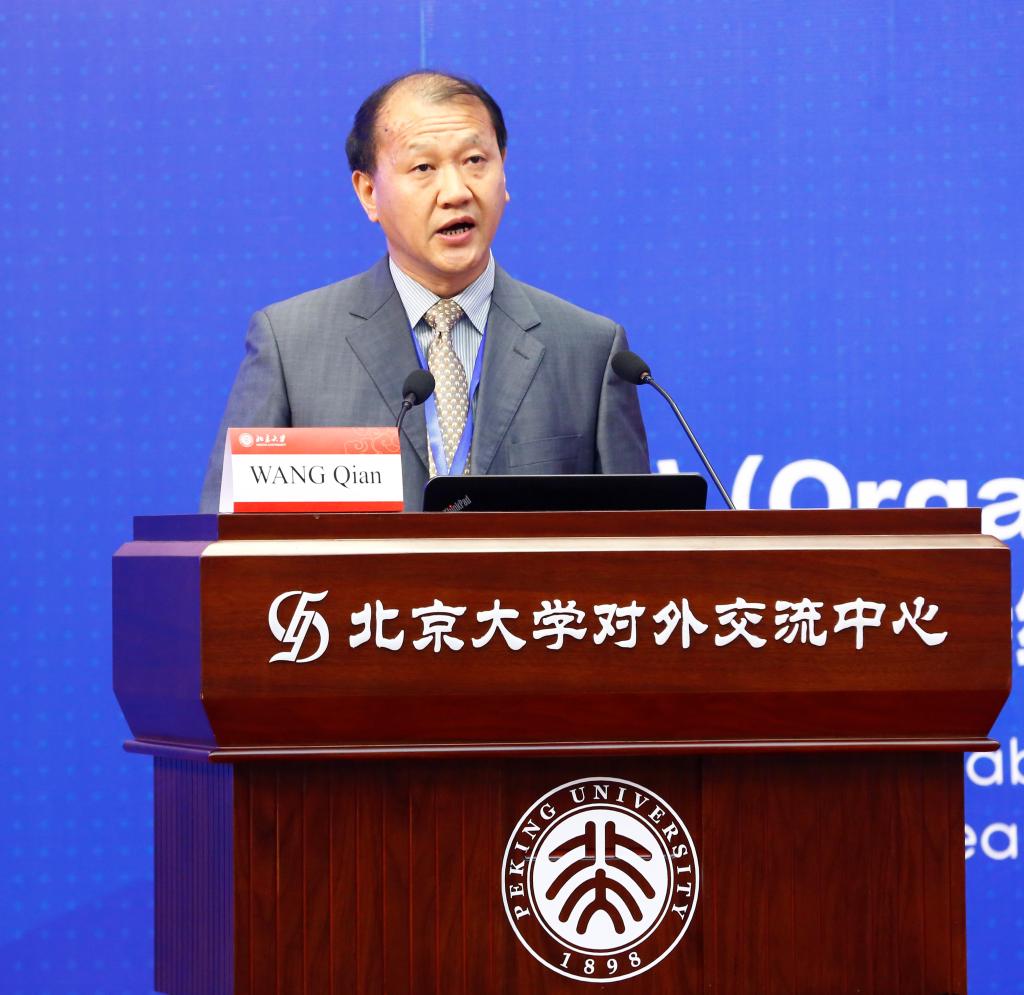
Wang Qian, inspector of International Cooperation Division, Ministry of Natural Resources of the People's Republic of China
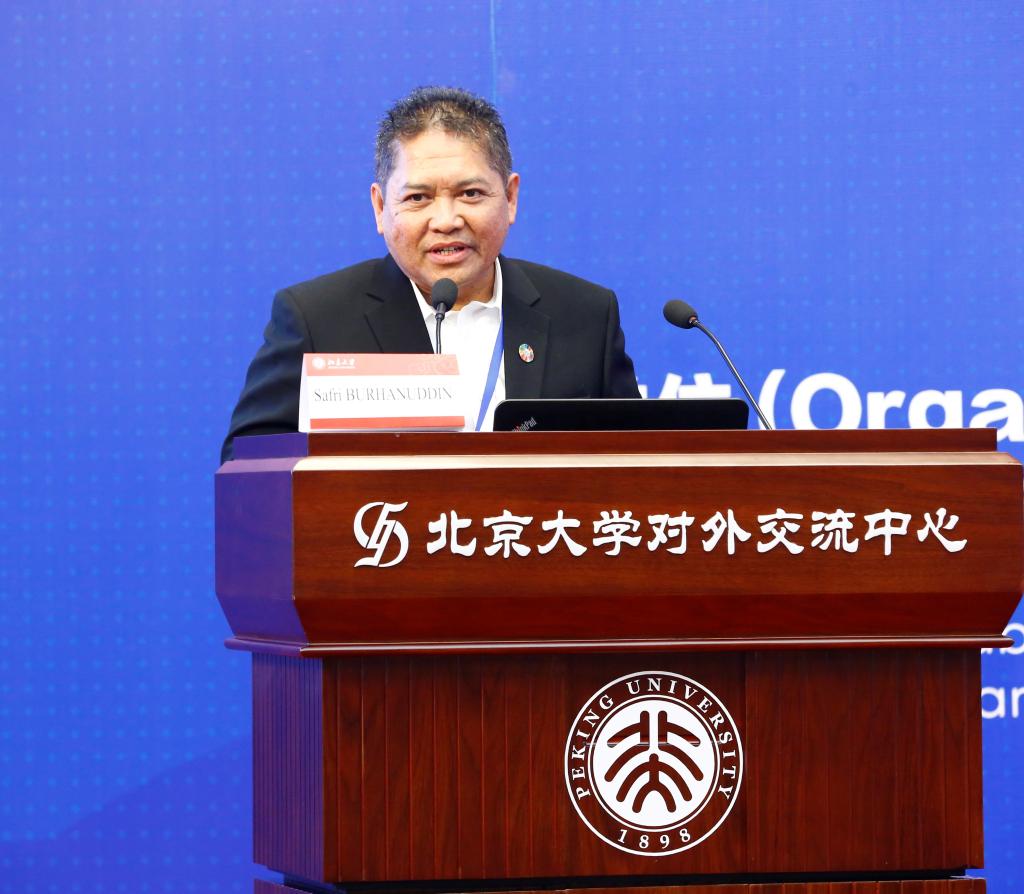
Safri Burhanuddin, Deputy Minister for Human Resources, Science and Technology, and Maritime Culture, Coordinating Ministry for Maritime Affairs, Indonesia
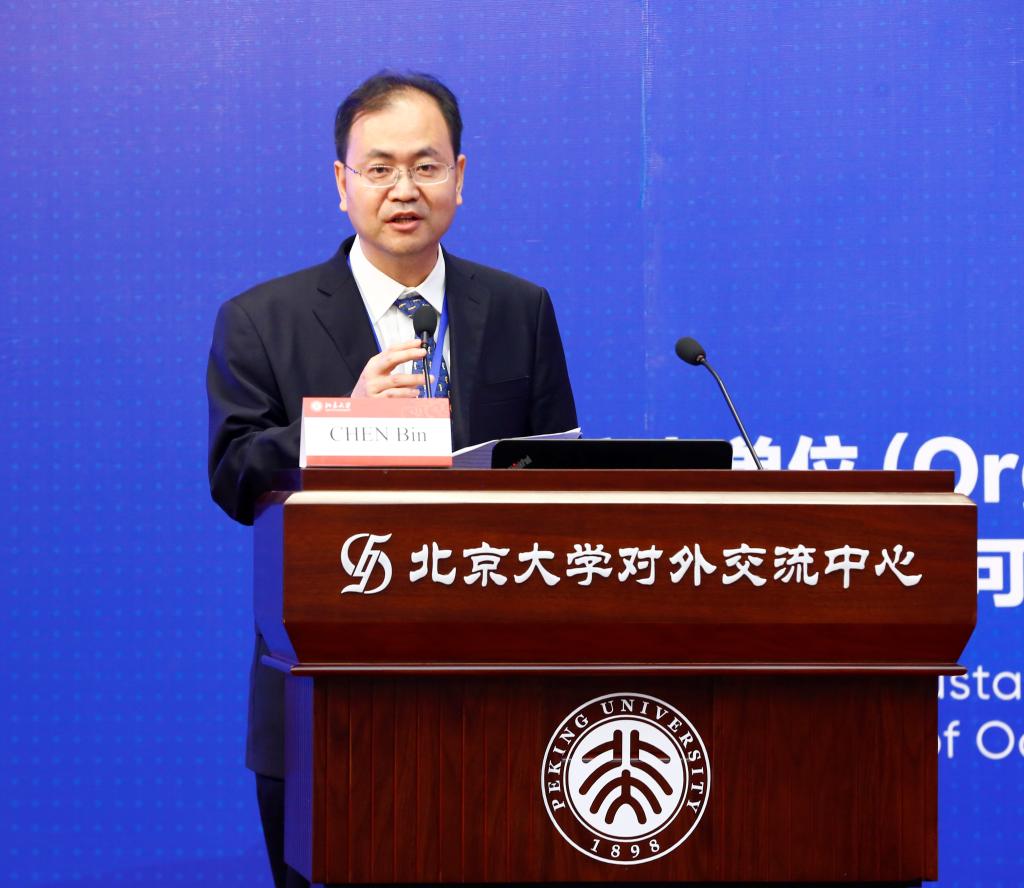
Chen Bin, deputy director of The Third Institute of Oceanography, Ministry of Natural Resources
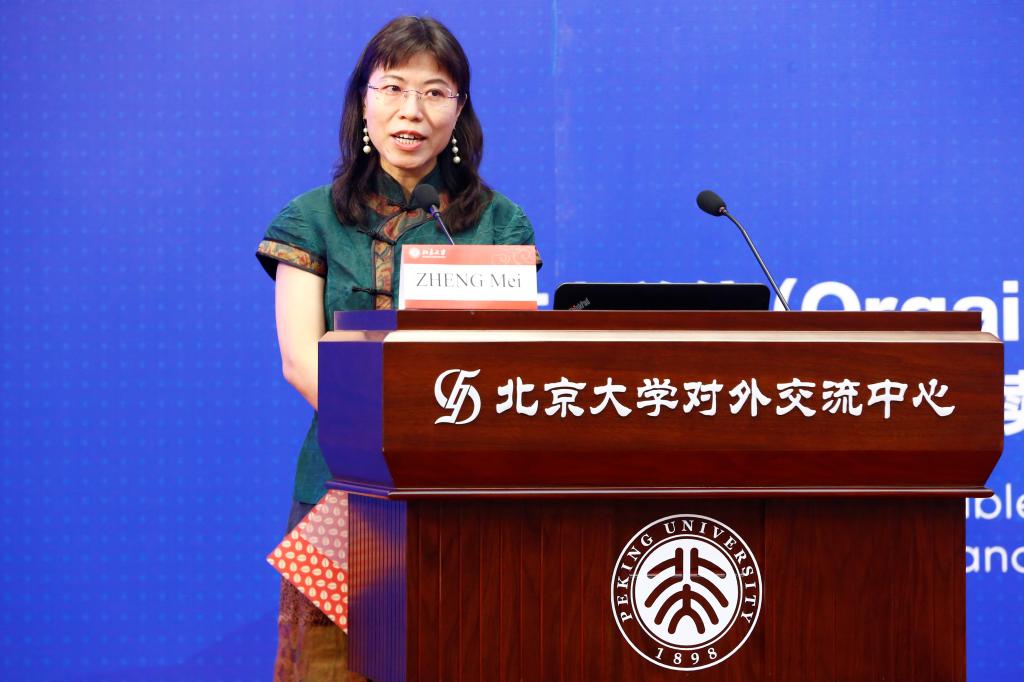
Zheng Mei, vice dean of Peking University Institute of Ocean Research
At the opening ceremony, Professor Zheng Mei, vice dean of Peking University Institute of Ocean Research, extended a sincere welcome to the guests and all the participants. She pointed out that as an important scientific research platform of Peking University in the marine field, the Institute has always adhered to the initial intention and developed the mission of Peking University's marine disciplines. It is committed to building the Peking University ocean platform, integrating the superior resources of Peking University, and actively participating in global ocean governance. "We will give full play to the role of Peking University ocean as a think tank in national strategies and policies to promotes sustainable ocean development." She expressed the hope that through this meeting, the marine debris management cooperation under the APEC framework could be effectively promoted, and the efforts and contributions of Peking University's ocean people shall be made for the construction of beautiful China and the improvement of the global marine environment.
The issue of marine debris is rapidly rising in the marine environment in recent years. Multilateral frameworks such as the United Nations, the G20, APEC and East Asia Summit, as well as major economies such as China and the United States, have all given high attention. This workshop provided a good platform for dialogue and cooperation between governments, scientific research institutions and enterprises on the prevention and control of marine debris in APEC region. At the same time, practical actions were taken to implement the concept of avoiding the use of plastic products, reducing the generation of garbage, avoiding the use of plastic badges, bottled water, minimizing the use of paper conference materials, and promoting the use of electronic propaganda materials. At the end of the meeting, participants jointly announced the seminar initiative, which provided strong intellectual support for innovative solutions of marine debris prevention and control in APEC regions and even the world.

